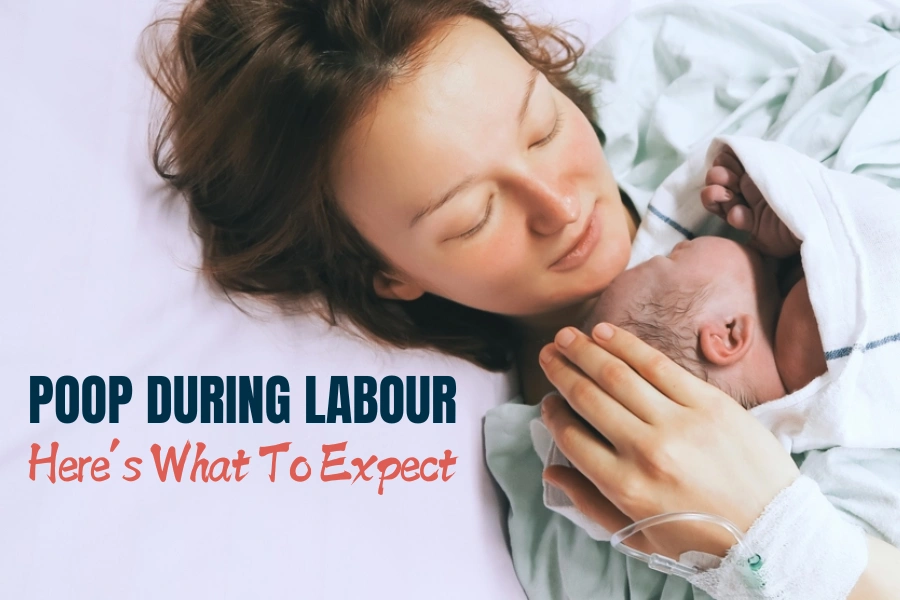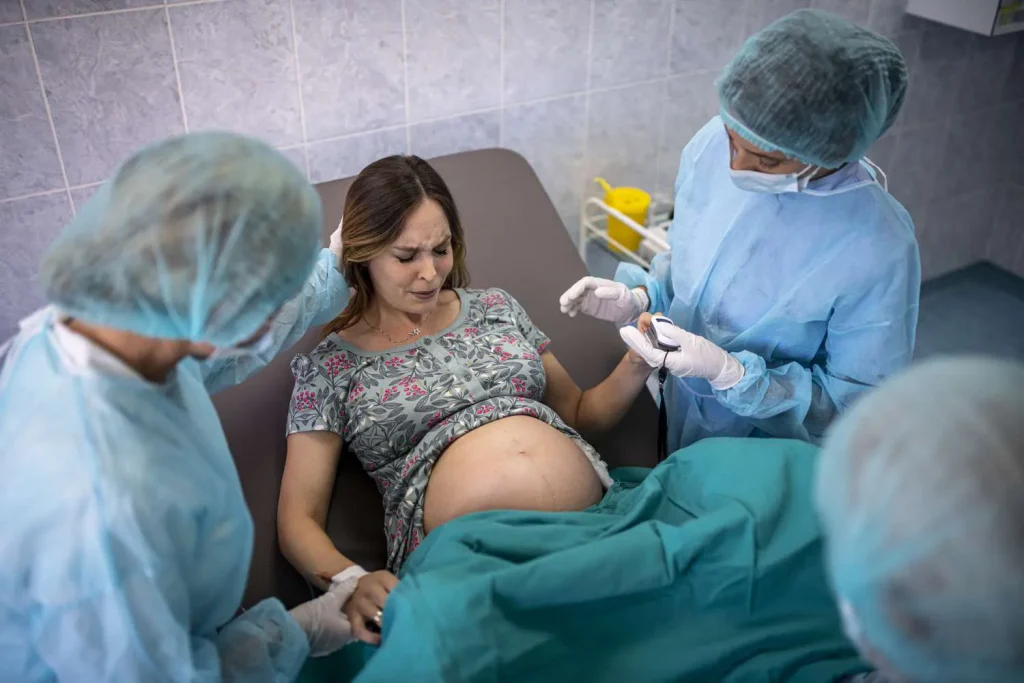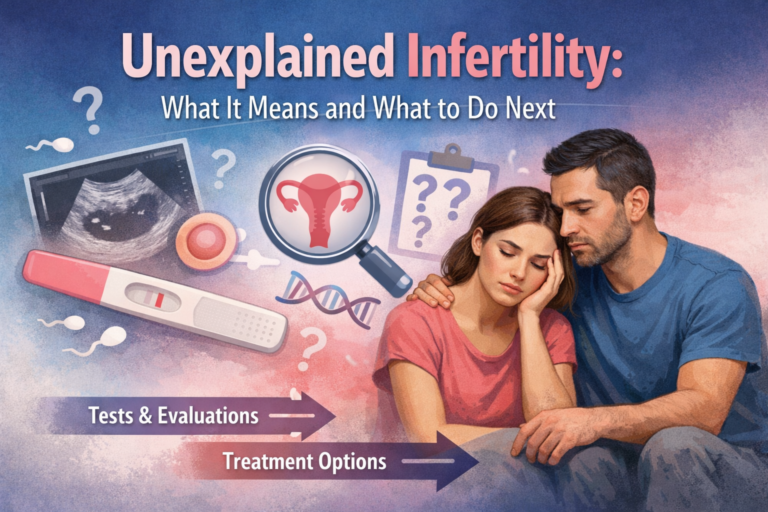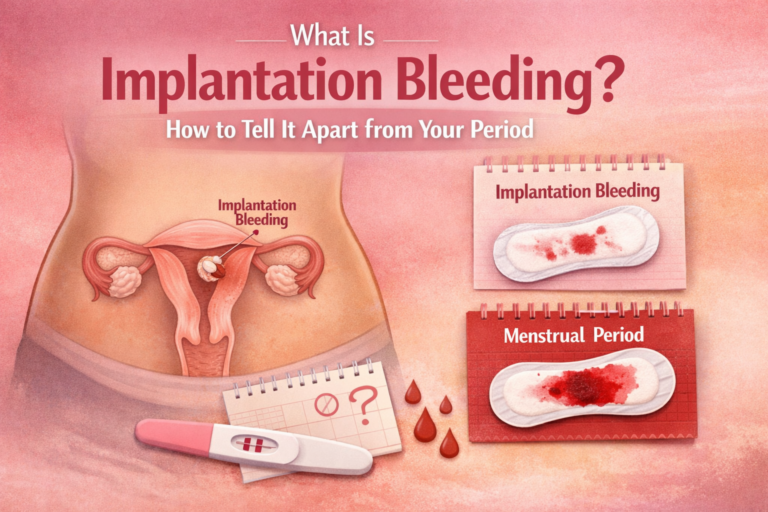
The thought of poop during labour is one of those things that lots of pregnant moms are concerned about but it’s not often talked about openly. Though this really does appear to be some embarrassing situation, it is common and natural for women who are about to give birth.
You will learn more about the normalcy of poop during labour, why that happens, factors that play a role, and some handy tips regarding the minimization of that likelihood. By the end, you’ll feel more prepared and confident, knowing it’s just another part of this incredible journey of giving birth. Don’t forget to have your hospital bag ready for any coming sign of labor.
Is It Normal To Poop During Labour?
Yes, it is quite normal to poop during labour. In fact, many women do so, and it’s part of the birthing process. While your body is working on pushing out the baby, the same muscles you engage to bear down during a bowel movement are at work.
Add this pressure, which the baby is exerting on the birth canal as it moves down, and quite often, the stool is released. While it might feel embarrassing, it’s a common occurrence that hospital staff are used to dealing with.
Why Might You Poop During Labour?

Several reasons can cause poop during labour. Several physiological changes occurring in a woman’s body in preparation for the delivery of the baby may lead to a bowel movement at the time of childbirth. Some major reasons why poop during baby delivery might happen are as below:
Hormones Changing
The body during labour releases some hormones, especially oxytocin, to soften and relax the cervix, uterus, and rectum 1. These hormones interact with the muscles in your bowels, which can lead to increased bowel movements and push pooping. Labor itself can prompt your body to empty the bowels to create more room for the baby to pass through the birth canal.
Position of Baby
Some certain movements of your baby—especially the occiput posterior position—can put some more pressure on the rectum and intestine. This is when the head of your baby gets down and towards the front. This exerts pressure within the rectal area, causing the release of stool as the baby moves lower into the pelvis.
Bearing down
The act of pushing during labour uses the same muscles as when you have a bowel movement. So, when you’re pushing hard to deliver your baby, you’re also creating pressure on your bowels. That’s why so many women go to the bathroom during this stage of labour—your body’s response to the physical demands of pushing is precisely the same as it would be if you had a bowel movement.
While embarrassing even to consider, poop during delivery is a natural part of giving birth. The medical team is prepared for it, and their primary concern is ensuring a safe delivery for you and your baby.
How To Not Poop During Labour?

This is a very normal process during labor, but some women prefer to minimize the chances of it happening. Although there’s no way to ensure this doesn’t happen, here are a few strategies that may help reduce the likelihood of defecating during delivery.
Empty Your Bowels Before Labor Begins
Keep well hydrated and eat foods rich in fiber on the days leading up to delivery. This can help you clear your bowels more easily before active labor gets underway.
Avoid Heavy Meals as Labor Approaches
During the hours leading up to active labor, experts recommend light, easily digestible food rather than having large and heavy meals. This will make less in the way of waste within your body when the real work of labor gets underway. Some examples of good foods that give you energy but not too much pressure on the digestive system include soups, smoothies, and fruits.
Consider a Gentle Enema
Others like to use a mild enema, particularly if they are concerned and feel embarrassed about the tendency to poop during labour. This could clear the lower intestines so that, potentially, there won’t be as much of a chance for a bowel movement during labor.
Other Fluids During Labour
Apart from pooping, different stages of labor can bring on an entire litany of other kinds of bodily fluids, which includes pee. Chances are you will most experience leakage of amniotic fluid during labor. You may find that it spontaneously leaked out with every forceful contraction. Your birthing team will change your bed linens and padding as needed.
A Word From Babies Parent
Although it sounds a bit embarrassing, it’s natural to poop during labour. It is actually part of the process of natural childbirth. Knowing why it happens may help ease your concerns. Remember that the medical team has experience with this and will entirely focus on getting your baby delivered safely. While there are some steps you can take to reduce the likelihood, it’s important to embrace the fact that you still might poop during giving birth.
Source
- Nct. (2022, August 24). Hormones in labour: oxytocin and the others – how they work | Labour & birth articles & support | NCT. NCT (National Childbirth Trust). https://www.nct.org.uk/labour-birth/your-guide-labour/hormones-labour-oxytocin-and-others-how-they-work ↩︎






